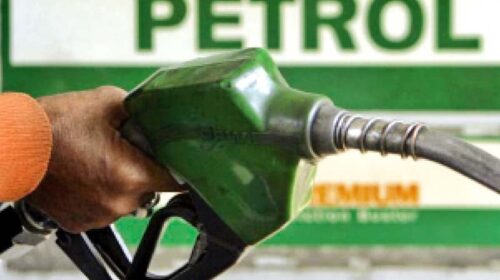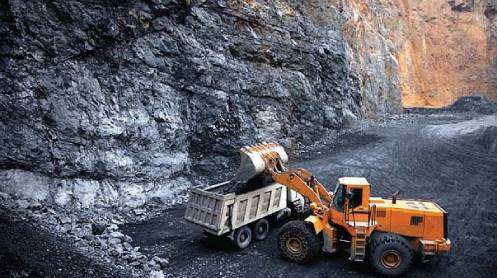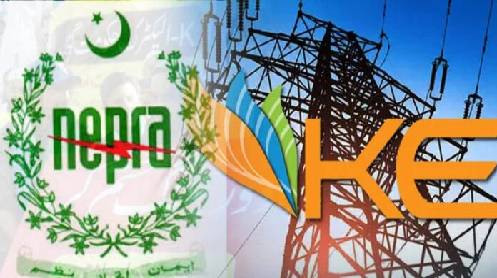As Pakistan eagerly awaits the delayed IMF review, it is almost certain that it won’t come without the authorities agreeing on revised targets on petroleum tax revenues for the rest of the year. With the petroleum demand going down by 20 percent year-on-year in 1HFY23, largely due to increased retail prices, the tax collection on HSD and petrol is expected to have stayed around Rs220 billion for the first half of the fiscal year.

This is around a quarter of the annual revised target agreed with the IMF in November 2022. One wonders if the IMF will insist on the previous Petroleum Levy target of Rs855 billion or offer some leeway. It has to be kept in mind that there is not much juice left to squeeze in terms of PL, especially on motor gasoline (petrol) which reached its maximum limit of Rs50/ltr in November 2022.
Authorities have been reluctant to increase PL on high-speed diesel (HSD) at the same pace, but that too has caught up. The PL on both petrol and HSD is well in line with the timelines agreed upon with the IMF, with Pakistan likely to impose a higher average levy for 2HFY23 than what was agreed in November. For the 1HFY23, the average PL on petrol and HSD has stood at Rs25/ltr.

For PL collection to be anywhere close to the target, PL upper limits will have to be increased beyond Rs50/ltr and the tax needs to stay at Rs60/ltr or more to achieve the target. That is clearly not happening unless oil prices unexpectedly go crashing, offering massive room to maneuver. One needs to remember that any increase in prices will likely lead to reduced official consumption, as a result of an organic drop in demand and increased smuggling incentives, particularly in the case of HSD.
Even if the consumption in 2HFY23 miraculously stays at par with last year (which was a record high), the PL collection will stay shy of Rs855 billion, but it will still be a massive achievement. The likeliest scenario is if the IMF insists on maximum PL on both petrol and HSD for the rest of the fiscal year, which could lead to annual PL collection at around 75 percent of the total. Mind you, the Fund could ask for GST on petroleum, which has been suspended for quite a while – which could push retail prices further north and dent consumption, hitting PL prospects.

Oil prices have continued to play seesaw, but with strong demand signals emerging from China and likely continuation of tight supply – there is little reason to expect prices to crash. It is also fair to assume any IMF approval would not come without a forced change in foreign exchange strategy, adding more pressure on retail prices.







